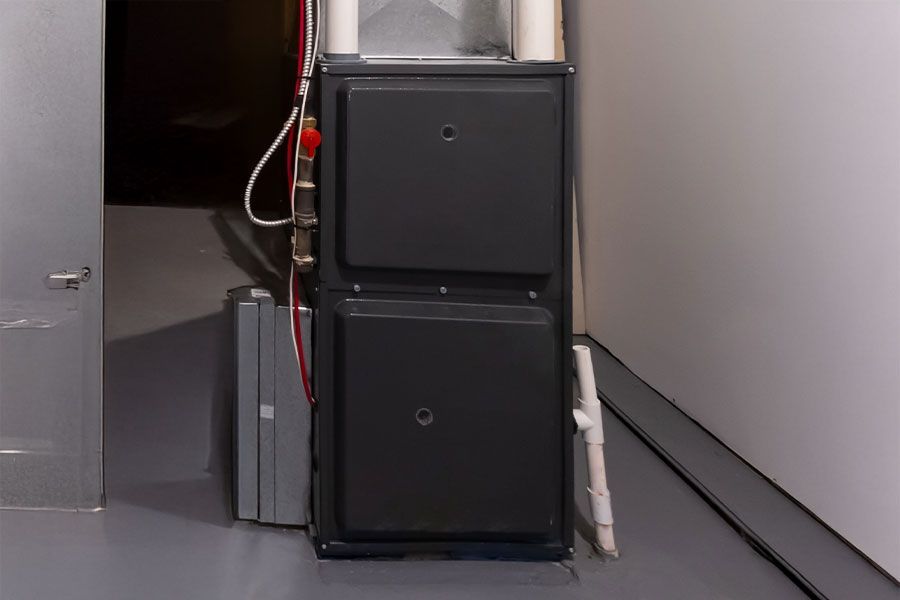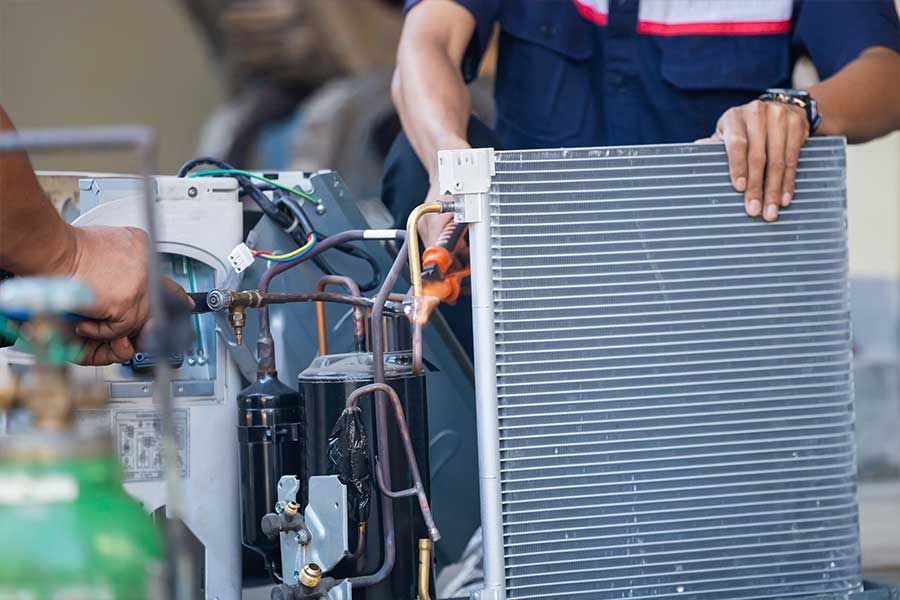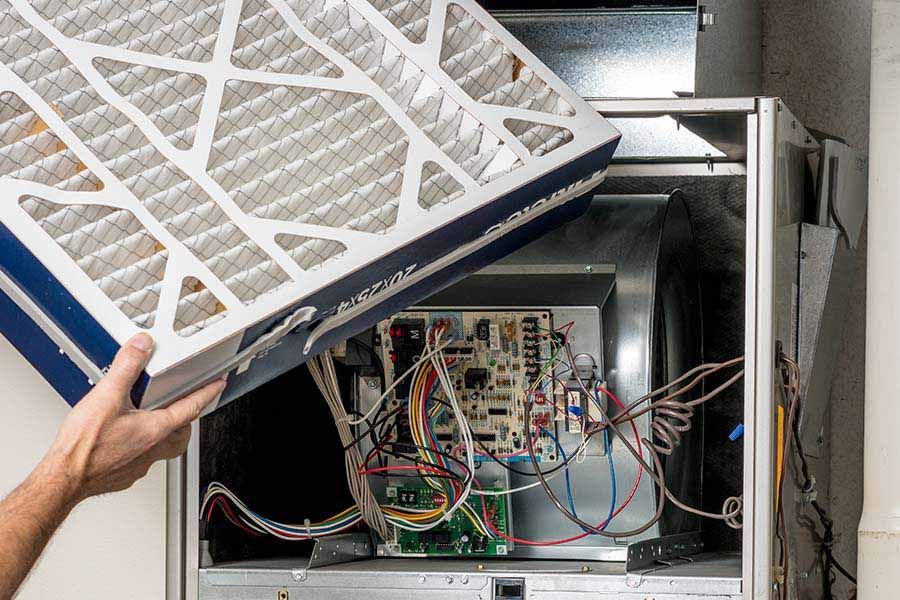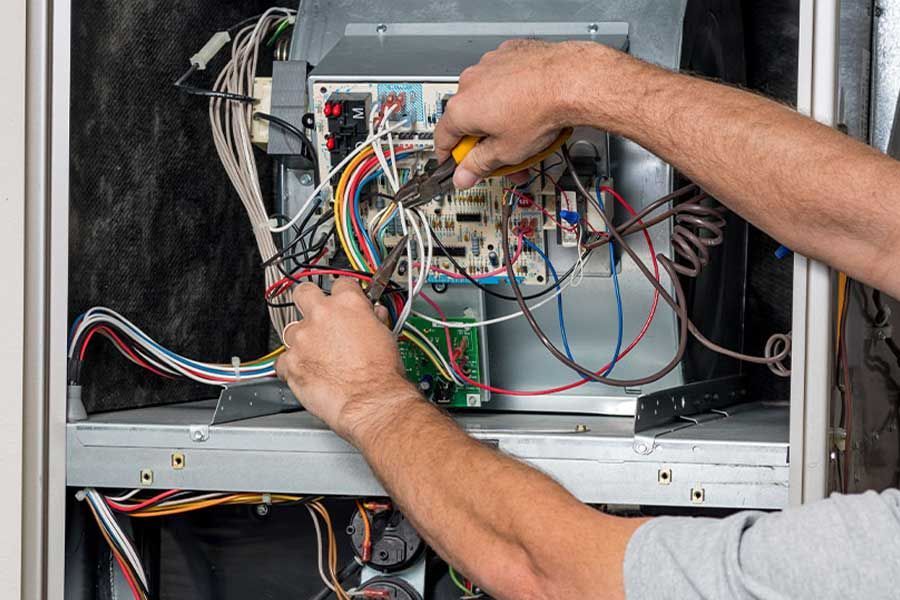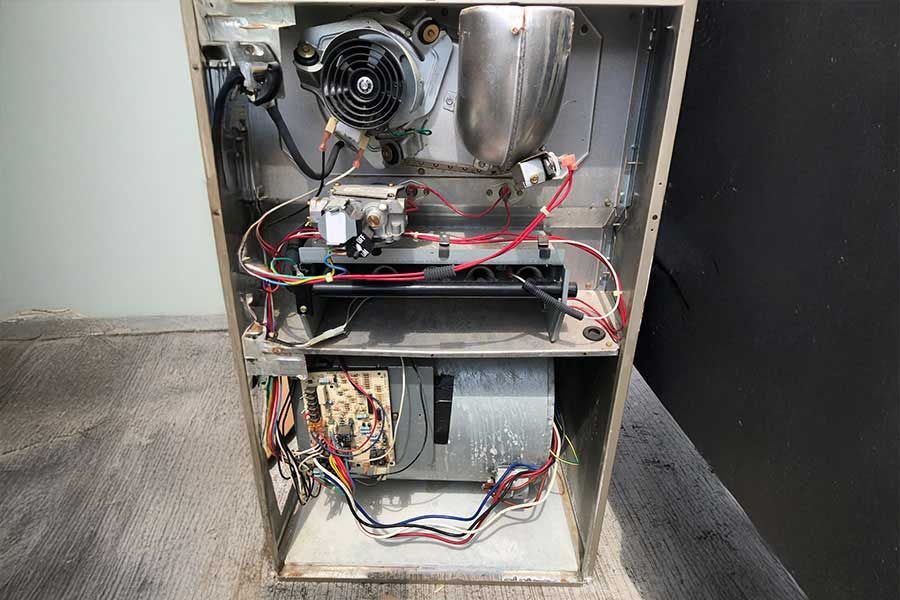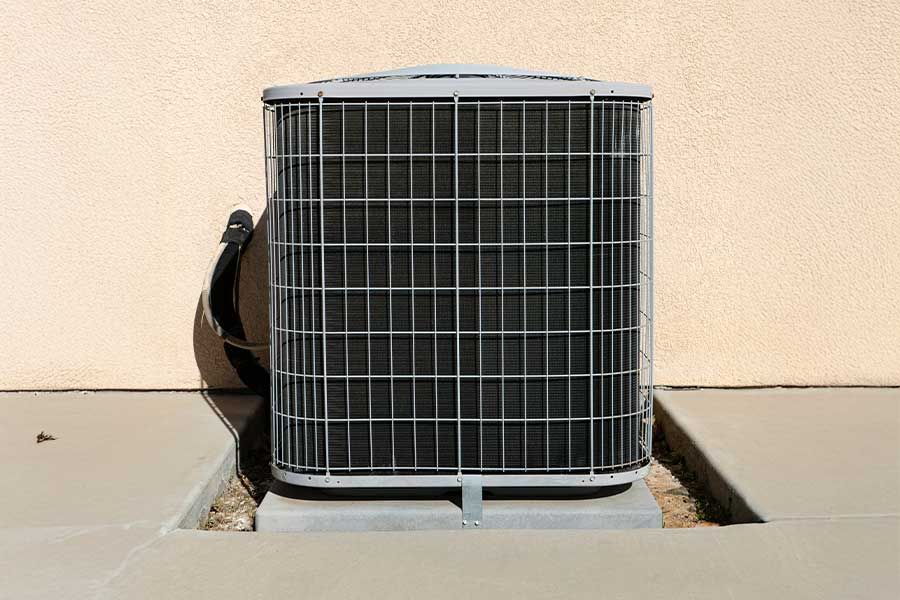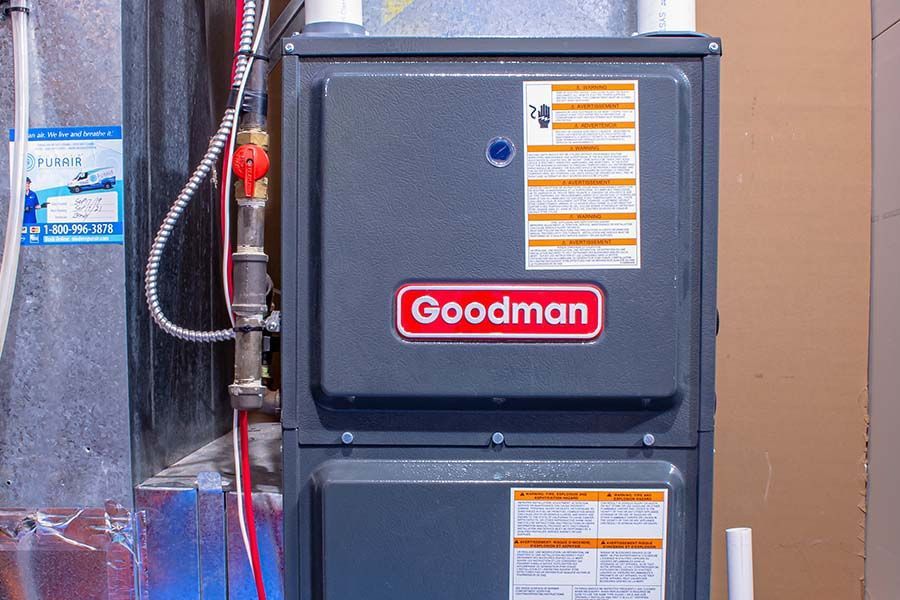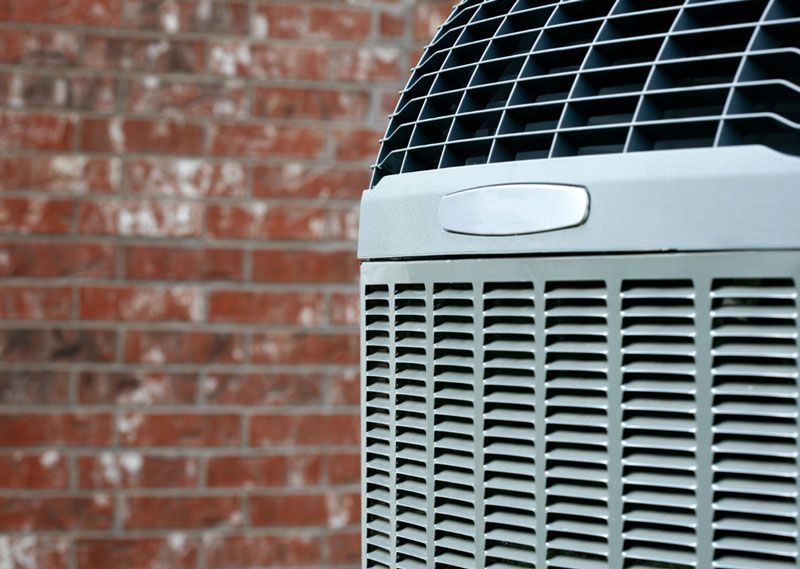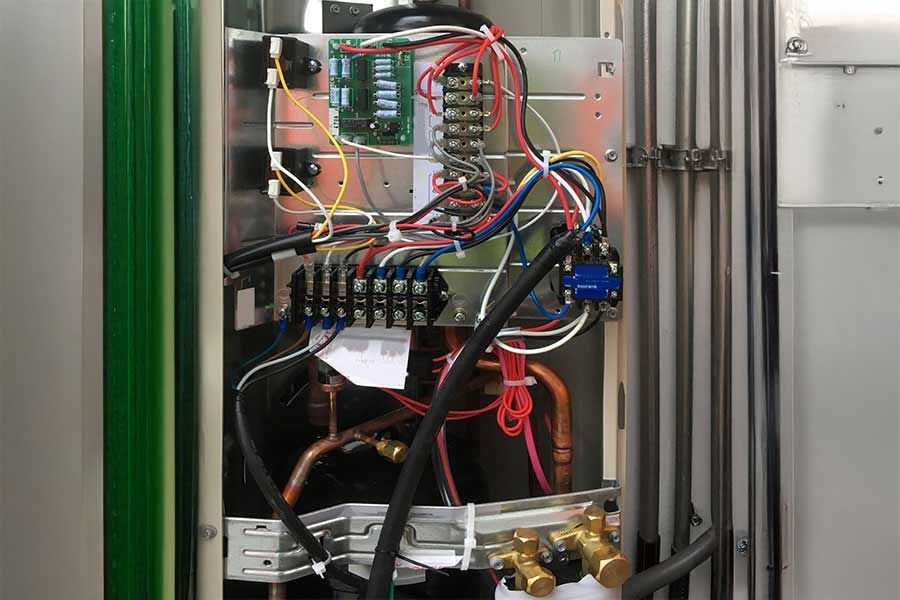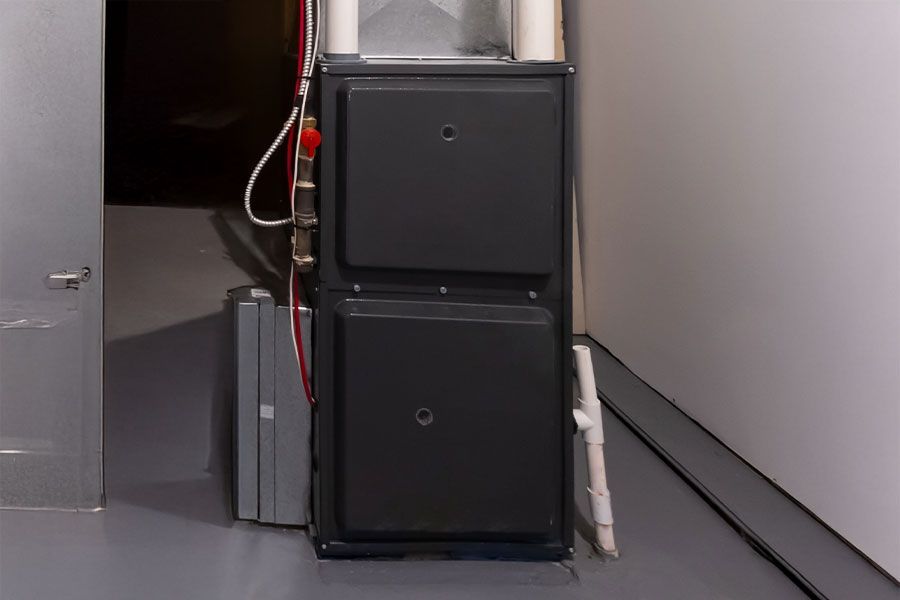10 Essential Tips to Keep Your AC Running Smoothly All Summer
As summer gets closer, ensuring your air conditioner runs smoothly to keep your home cool and comfy is crucial. Simple cleaning or replacing filters can significantly boost your AC’s efficiency. Clean filters improve air quality and help the system run more effectively. Inspecting and cleaning the coils is another vital step. Dirty coils can make your AC work harder, leading to higher energy bills and potential breakdowns. Also, check your thermostat settings to ensure they’re optimized for peak performance.
But there’s more to maintaining your AC than just these basics. Consistent upkeep can prevent unexpected breakdowns and extend your unit’s lifespan. For instance, checking the refrigerant level is essential. Low levels can indicate leaks and reduce your AC’s cooling capability. Additionally, clearing the area around your outdoor unit ensures proper airflow, which is crucial for efficiency.
Curious about what else you should be doing? Stay tuned to discover more tips to keep your AC running smoothly all summer. You’ll find these steps make your home more comfortable and save you money in the long run.
Clean or Replace Filters
Regularly cleaning or replacing your AC filters is vital for maintaining efficient airflow and indoor air quality. AC filters come in various types, including fiberglass, pleated, and HEPA, each offering different levels of filtration. Depending on your needs, choosing the right filter type can substantially impact your home’s air quality.
Understanding the filter lifespan is critical for effective filter maintenance. Most standard filters should be replaced every 30 to 90 days. Nonetheless, if you have pets or allergies, replace them more frequently. High-quality filter brands like Honeywell and Filtrete offer durable options that last longer and provide better filtration.
To ensure your AC operates smoothly, set a regular schedule for filter maintenance. Check your filters monthly, especially during peak usage periods. It’s time for a filter replacement if they're dirty or clogged. This simple step can prevent your system from overworking, saving you money on energy bills and prolonging your AC’s lifespan.
Don’t overlook the importance of choosing the right filter brands and adhering to recommended replacement intervals. Doing so will keep your AC running efficiently and allow you to enjoy cleaner, healthier air in your home.
Inspect and Clean Coils
To guarantee your AC runs efficiently, make it a priority to inspect and clean the coils regularly. The coils are essential for proper heat transfer, which keeps your home cool. Start by checking the evaporator coil inside your unit. During evaporator maintenance, look for any signs of coil damage, such as bent fins or corrosion. Addressing these issues promptly can prevent bigger problems down the line.
Next, move to the outdoor unit and inspect the condenser coil. It’s common for condenser debris like leaves, grass, and dirt to accumulate and obstruct airflow. Removing this debris ensures the coil can effectively release heat. Use a soft brush or a vacuum with a brush attachment for fin cleaning. Be gentle to avoid further coil damage.
Regular cleaning improves your AC’s efficiency and prolongs its lifespan. Dirty coils force the system to work harder, leading to higher energy bills and potential breakdowns. By maintaining clean coils, you guarantee efficient heat transfer and a comfortable home environment all summer long. Don’t wait until a problem—regular inspections and cleanings are key to a smooth-running AC.
Check Thermostat Settings
Alongside maintaining clean coils, you should verify your thermostat settings to ensure your AC is running efficiently. First, check the thermostat placement in your home. It shouldn’t be near heat sources like lamps or direct sunlight, as this can cause inaccurate readings and force your AC to overwork.
Next, confirm the temperature calibration is accurate. Over time, thermostats can drift from their original settings, leading to inefficiency. Use a reliable thermometer to compare the room temperature with the thermostat reading and adjust if necessary.
Don’t forget about battery replacement. If your thermostat uses batteries, replace them at least once a year to avoid unexpected shutdowns. A low battery can cause the thermostat to malfunction, leading to inconsistent cooling.
Consider upgrading to smart thermostats. These devices offer better control over your home’s temperature and can help your schedule to optimize cooling when needed, saving energy and money. They often come with features like remote access and energy usage reports.
If you have a smart thermostat, familiarize yourself with the manual override function. This ensures you can manually adjust settings, especially during power outages or connectivity issues.
Clear the Area Around the Unit
Ensuring the area around your AC unit is clear of debris and obstructions can greatly improve its efficiency and lifespan. A clutter-free environment allows for the best airflow, reducing strain on the unit and preventing potential damage. Here’s how you can achieve effective yard maintenance around your AC:
- Debris Removal: Regularly remove leaves, dirt, and other debris that may accumulate around the unit. This debris can block airflow and cause the unit to overheat, leading to system failures.
- Plant Clearance: Maintain at least a two-foot clearance around the unit by trimming back any plants or shrubs. Overgrown vegetation can obstruct airflow and make the AC work harder, shortening its lifespan.
- Weed Control: Keep weeds in check around the unit’s base. Weeds can grow quickly and create obstructions, so regular weed control is essential. Use mulch or landscaping fabric to prevent weed growth around the AC unit.
Inspect Ductwork
Regularly inspecting your ductwork can help you catch leaks and blockages early, guaranteeing your AC runs efficiently. Start by checking for any visible damage or disconnections in your ducts. Leaks can lead to significant airflow issues, making your system work harder than needed. Duct sealing can prevent these problems, enhancing your AC’s performance and lowering energy bills.
Pest intrusion is another important consideration. Small animals and insects can enter through gaps in the ductwork, causing blockages and even damage. Sealing these gaps can keep pests out and maintain a clean airflow path.
Duct sizing is also essential for top performance. If your ducts are too large or too small, your AC might struggle to distribute air evenly throughout your home. Consult a professional to ensure your ductwork is appropriately sized for your system.
Lastly, pay attention to noise reduction. Odd noises can indicate problems like loose connections or debris inside the ducts. Addressing these issues promptly can prevent more significant problems down the line. By regularly inspecting your ductwork, you’ll keep your AC running smoothly and efficiently all summer long.
Monitor Refrigerant Levels
After confirming the ductwork is in top shape, it is important to monitor your AC’s refrigerant levels for peak performance. This involves several critical steps to guarantee your system runs efficiently and effectively throughout the summer.
First, check for refrigerant leaks. Leaks can greatly reduce the efficiency of your air conditioning system and may cause it to overheat. Look for oily spots on the refrigerant lines or listen for a hissing sound to detect leaks.
Second, measure the pressure levels. You can determine if your AC’s refrigerant is at the best level using a pressure gauge. Incorrect pressure levels can indicate either a leak or the need for a refrigerant recharge.
Third, verify the coolant type and quality. Different AC units require specific refrigerants, and using the wrong kind can contaminate refrigerant. Always refer to your unit’s manual to confirm the correct coolant type.
By following these steps:
- Inspect for refrigerant leaks.
- Measure and maintain correct pressure levels.
- Verify the correct coolant type and check for contamination.
you’ll keep your AC running smoothly. Taking these precautions helps prevent costly repairs and ensures your home stays cool all summer.
Schedule Regular Maintenance
Scheduling regular maintenance for your AC unit is important to keep it running efficiently and extend its lifespan. When you neglect routine upkeep, your air conditioner can suffer from reduced performance and unexpected breakdowns. To avoid this, schedule maintenance at least once a year, ideally before the summer heat kicks in.
Start by focusing on contractor selection. Choose a reputable company with licensed technicians with the expertise to handle your unit. This guarantees that the work is done correctly and safely. Checking online reviews and asking for recommendations can help you find a reliable contractor.
Maintenance frequency is vital. Most experts recommend an annual checkup, but you might need more frequent visits depending on your unit’s age and usage. Regular maintenance helps catch small issues before they become major problems, saving you money in the long run.
Don’t forget to take into account warranty coverage. Many manufacturers require routine maintenance to keep the warranty valid. Skipping these checkups could void your warranty, leaving you with hefty repair bills.
Lastly, be mindful of service costs. While it might seem like an extra expense, investing in regular maintenance can prevent costly emergencies, making it a wise financial decision.
Seal and Insulate
Properly sealing and insulating your home is vital for maintaining your AC’s efficiency and reducing energy costs. By taking these steps, you can prevent cool air from escaping and minimize the amount of hot air entering your home. Here’s how to get started:
- Install Weather Stripping and Door Seals: Check your doors and windows for gaps. Adding weather stripping around doors and sealing gaps with door seals can greatly reduce air leaks. This simple fix helps your AC work less and keeps your home cooler.
- Upgrade Attic Insulation: Proper attic insulation maintains a consistent indoor temperature. If your attic insulation is outdated or insufficient, consider making insulation upgrades. This will keep the cool air inside during summer and prevent heat from seeping in.
- Apply Window Caulking: Inspect the caulking around your windows. Over time, caulk can crack and peel, leading to air leaks. Reapply window caulking to seal these gaps and improve your home’s insulation. It’s a cost-effective way to boost your AC’s performance.
Use a Programmable Thermostat
A programmable thermostat lets you set specific temperatures for different times of the day, optimizing your AC’s efficiency and saving on energy costs. This smart technology allows you to maintain precise temperature control, ensuring your home stays cool when you need it and conserves energy when you don’t. For instance, you can set the thermostat to raise the temperature at work and lower it before you return home.
Not only does this approach provide significant energy savings, but it also improves cost efficiency. You’ll notice a decrease in your utility bills, which is always a welcome relief during the hot summer months. Plus, with the convenience of modern programmable thermostats, you can easily adjust settings from your smartphone or other smart devices.
Keep Vents Unobstructed
To guarantee your AC runs efficiently, make sure all vents are free from obstructions. Proper vent placement and unobstructed airflow are vital for maintaining a comfortable home temperature. Here are three key steps to keep your vents clear:
- Check Furniture Arrangement: Ensure that large furniture pieces like sofas and bookshelves are not blocking vents. Obstructed vents can hinder proper airflow direction, making your AC work harder and less efficiently.
- Curtain Management: Heavy curtains can inadvertently block vents, especially near windows. Ensure your curtains are hung so they don’t cover the vents. Consider using sheer curtains to allow air to flow freely while still managing sunlight.
- Pet Hair Control: If you have pets, their hair can accumulate around vents and restrict airflow. Vacuum around vents regularly and consider using vent filters designed to trap pet hair.
Conclusion
Think of your AC as the heart of your summer sanctuary. By following these crucial tips, you’re not just maintaining a machine—nurturing comfort and peace in your home. Imagine the cool, invigorating breeze as a symbol of your diligence. Don’t let neglect turn your oasis into a desert of discomfort. Take action now, and guarantee your summer is filled with the soothing hug of a well-cared-for AC. Your comfort is worth it.
Frequently Asked Questions
How Can I Reduce My AC’s Energy Consumption Without Compromising Cooling?
You can reduce your AC’s energy consumption without compromising cooling by adjusting thermostat settings, using ceiling fans, installing window treatments, scheduling regular maintenance, and upgrading to smart thermostats for more efficient temperature management.
What Signs Indicate My AC Needs Professional Repair?
You should call a professional if you notice leaking refrigerant, thermostat issues, reduced airflow, frequent cycling, or warm air from your AC. These signs indicate your unit needs immediate repair to prevent more damage.
Can Plants Around the AC Unit Affect Its Performance?
Imagine your AC as a knight in shining armor. Plant placement, foliage management, and vegetation clearance are essential. Improper landscaping can cause airflow obstruction, affecting your knight’s performance. Keep the area clear to maintain peak efficiency.
How Do I Troubleshoot Unusual Noises Coming From My AC?
To troubleshoot unusual noises from your AC, check for loose components, fan obstruction, or belt issues. Inspect refrigerant levels and make sure there’s no airflow blockage. Address these areas to identify and fix the source of the noise.
Is It Necessary to Cover My AC Unit During Winter?
Winter maintenance works wonders for your AC. Cover benefits include outdoor protection from debris and ice, ensuring seasonal care. By keeping your unit covered during winter months, you'll greatly extend its longevity.
